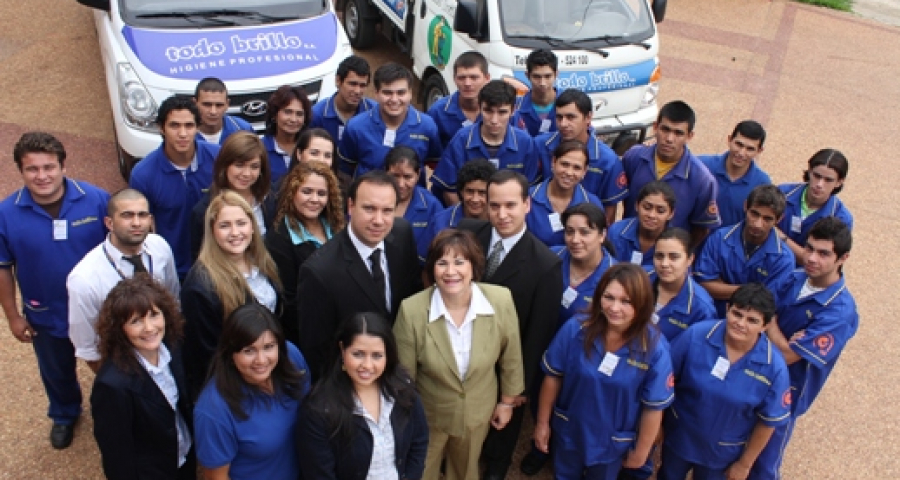It is no longer the time when we can hide behind ‘the laws of the market’, because the market is us: the market is our choices, it is the picture of our values, our dignity, our reputation.
By Luigino Bruni
published in Il Messaggero di Sant'Antonio on 03/10/2022
“Even though there is a hierarchy in business, and there are different functions, salaries should not be too different. If the gap between the highest and lowest salaries becomes too wide, the business community becomes sick, and soon society becomes sick.” These words are among those donated by Pope Francis to the entrepreneurs of Confindustria on 12 September. Donated, yes we could title them: because the words of Francis were above all a gift, particularly in the face of the difficulties of these extraordinary years, difficult for everyone and also for entrepreneurs, at least for those he likened to the “good shepherd” (certainly not for those akin to “mercenaries”), who therefore suffer when their business communities suffer.
The issue of managers' wages in relation to workers' wages is very important. There cannot be a ratio of a hundred or a thousand to one.... It is increasingly decisive for the quality of capitalism today and tomorrow. The enterprise is also a community, although today a certain economic ‘thinking’ wants to deny this, in the name of a vision of the enterprise as a market where ‘contracts’ do everything without any need for ‘pacts’. A pact is not just a meeting of interests: it is a meeting of destinies, of souls, of lives. And those who work know that businesses without these, often implicit, social pacts do not work; and even if they do generate profits, they do not generate good life and well-being for working people. Pacts, unlike contracts, need a certain kind of equality – which is not perfect equality on all dimensions, though.
Every worker knows that the responsibilities, functions, talents and productivity of the various actors in an enterprise are different; they know this and do not claim to have the same salary as the general manager. But every worker, including that “worker” called entrepreneur (and manager) as Francis reminded us again, also knows that however different the various workers are, in the end they are all within the same reality, serving the same common good called the enterprise. Just as they know that without everyone's part, whether small or not, the enterprise does not work, or works badly. It is in this awareness of co-essentiality that the dignity, honour, respect, self-esteem of each worker lies. “I am not the boss, I did not study like the engineer; I know. But I too can do my job, I too am important, and if I stop the enterprise will not be as good as it is now. The charm and quality of our company also depends on me.” It is these thoughts that keep us on our feet every day, that make us open our PCs every morning with pride; and when they are missing, we switch off, first in our souls and then completely. And with us, our businesses get shut down, too.
Workers need this esteem as much as they need their salary. And if it is missing they do not do their best. And, Francis continues, “when salaries and wages are too different, the sense of belonging to a common destiny is lost in the corporate community, empathy and solidarity are not created among everyone; and so, when faced with a crisis, the work community does not respond as it could, with serious consequences for everyone.” Difficult times lie ahead, perhaps very difficult. In order for them not to be too difficult and therefore impossible, we need this sense of “common destiny” to grow in companies, for each person to feel that he or she is a co-protagonist in the collective enterprise of his or her company. All this is called politics. It is no longer the time to hide behind ‘the laws of the market’, because the market is us: the market is our choices; it is the photographic picture reflecting our values, our dignity, our honour: that of each and everyone.
In the photo: Todobrillo EoC company








